Lesson 42 - Counting people
The verb imasu means, literally, to exist. Used in everyday speech, such as saying Neko ga imasu, it means "The cat is here." It can also be used with people, saying something like Kumiko san wa imasen, or "Kumiko is not here." Also, when speaking about your family, it can be used to say how many members of your family exists. For example, you can say Imouto ga imasu. That would mean "I have a younger sister." There are several different ways to use imasu; most of it is just context. A note when using imasu: instead of using wa, you would use ga, since you are emphasizing the thing that exists. However, with a negative verb, you always use wa.
The counter for people is nin. Though most follow the format "number + nin", the word for "one person" and "two people" are different. Hitori means "one person" and futari means "two people". From there on, counting in order, we have sannin, yonin, gonin, rokunin, shichinin, hachinin, kyuunin, and juunin, et cetera. If you were to ask a person how many people were in their family, you would ask Gokazoku wa nannin imasu ka. The word gokazoku is used for another person's family, while you use kazoku in reference to your own. Nannin means "how many people". When talking about another person's family, for younger sister and brother you would just add san onto imouto and otouto, while for their older brother and sister, you would say oniisan for another's older brother and oneesan for another's older sister.
Kyoudai means siblings. If you wanted to respond, "My family has 5 people" you would say Watashi no kazoku wa gonin imasu. If you wanted to be more specific and say you had two older sisters, you could say Ane ga futari imasu. A few nice adjectives to learn: chiisai means small and ookii means big. The word for pretty is kirei and handsome is the Japanese-english HANSAMU, but these cannot be used with adjective endings; the are more like adjectives acting as nouns. You must change the verb instead of the adjective ending. Let's have a sample conversation between Tamahome and Miaka.
Miaka: Tama-kun, gokazoku wa nannin imasu ka.
Tamahome: Kazoku wa rokunin imasu.
Miaka: Sou desu ka. Ookii desu ne.
Tamahome: Iie, chiisai desu. Ani ga futari imasu. Ane ga hitori imasu.
Miaka: Imoutosan wa imasu ka.
Tamahome: Iie, imouto wa imasen. Otouto mo imasen.
Miaka: Okaasan ga imasu ka.
Tamahome: Hai, haha ga imasu. Chichi mo imasu.
Miaka: Sou desu ne. Kazoku wa yonin imasu.
Tamahome: Sou desu ka. Kyoudai ga imasu ka.
Miaka: Hai. Otouto ga hitori imasu. Haha mo chichi mo imasu. Kazoku wa chiisai desu ne.
Tamahome: Hai, chiisai desu.
In this conversation, Miaka asks Tamahome how many people are in his family. Tamahome replies there are 6 people in this family. Miaka comments, "Is that so? Your family is big, isn't it?" Tamahome modestly replies, "No, it is small. I have two older brothers. I have one older sister." Miaka then asks if he has a younger sister. He replies, "No, I don't have a younger sister. I don't have a younger brother, either." She then asks if he has a mother. He replies, "Yes, I have a mother. I also have a father." She replies, "Is that so? My family has four people." Tamahome asks if she has siblings. She replies, "Yes. I have one younger brother. I have both a mother and a father. My family is small, isn't it?" Tamahome agrees.
Vocabulary Review
います Imasu- to exist/to have
人 Nin- counter for people
一人 Hitori- one person
二人 Futari- two people
三人 Sannin- three people
四人 Yonin- four people
五人 Gonin- five people
六人 Rokunin- six people
七人 Shichinin- seven people
八人 Hachinin- eight people
九人 Kyuunin- nine people
十人 Juunin- ten people
何人 Nannin- how many people
ご家族 Gokazoku- another person's family
妹さん Imoutosan- another's younger sister
弟さん Otoutosan- another's younger brother
お兄さん Oniisan- another's older brother
お姉さん Oneesan- another's older sister
小さい Chiisai- small
大きい Ookii- big
綺麗 Kirei- pretty
ハンサム HANSAMU- handsome
